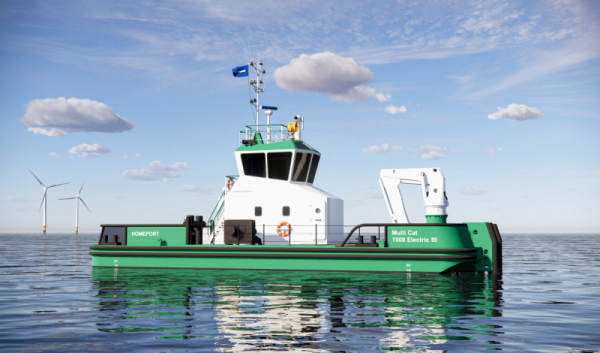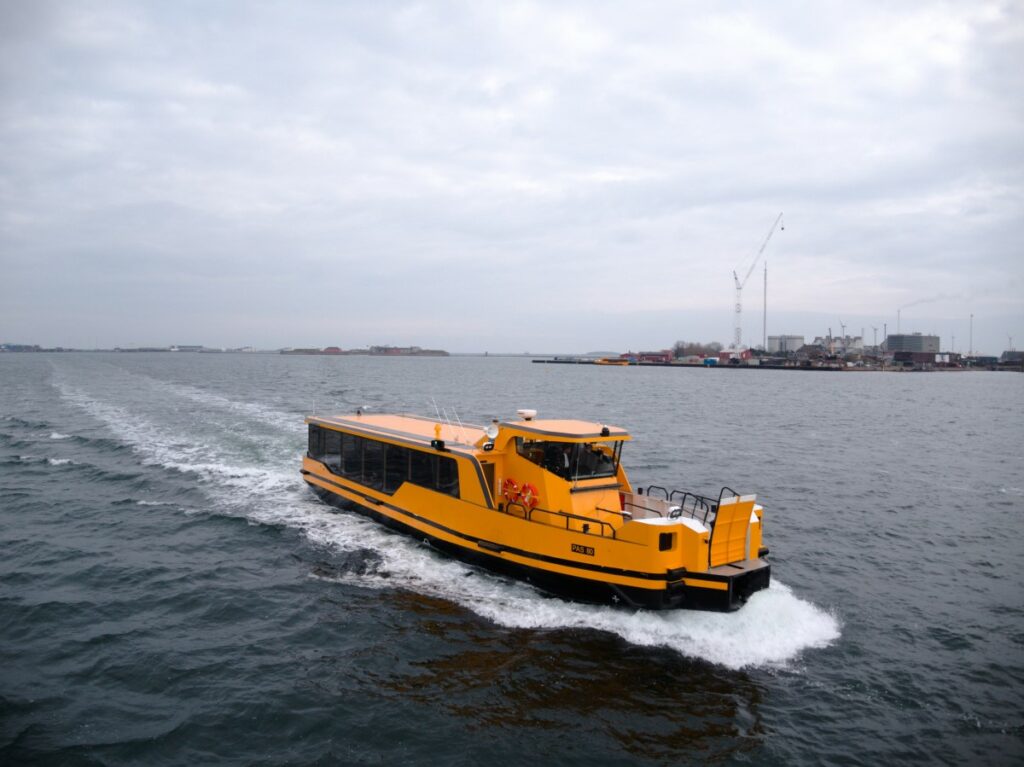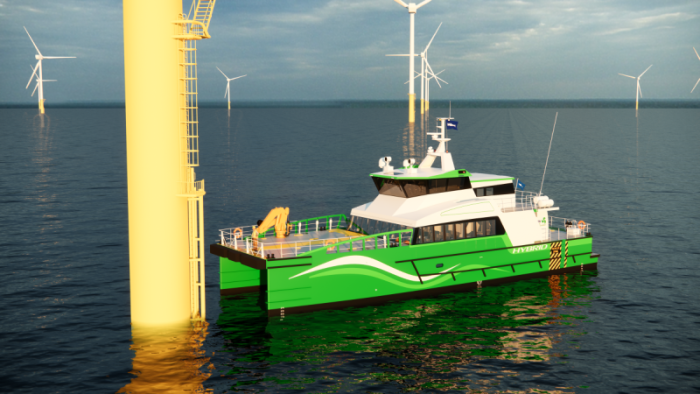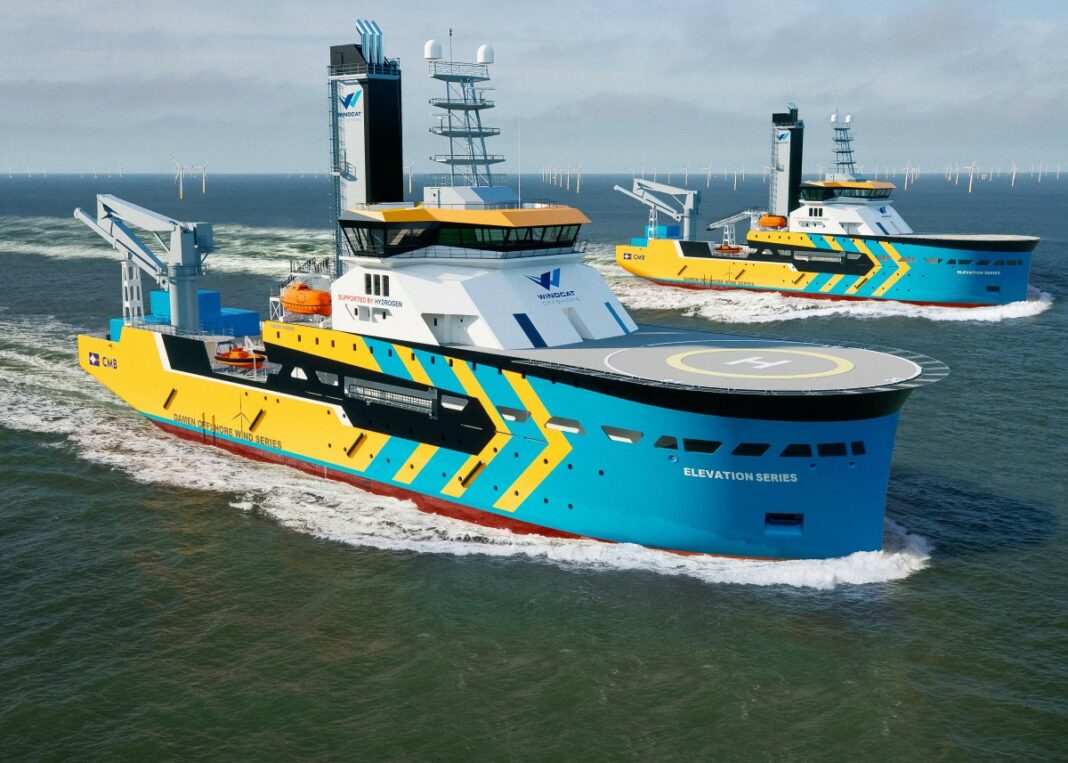Damen’s Director Products Workboats Joost Mathôt takes a look at the multiple options fuelling the debate
All around the world, new regulations are coming into force that will require maritime operators to report – and reduce – the carbon impact of their fleets. To say this presents a challenge to the industry is to understate the situation.
For one thing, carbon reduction technology requires an increase in CAPEX – and frequently OPEX, too – at a time when it offers no increase in earning potential.
A further challenge exists; in most cases, the technology has not yet reached a state of maturity. As such, no one knows for sure what the future maritime energy transition looks like.
Joost Mathôt, Damen Shipyards Group’s Director Products Workboats Division acknowledges the difficulty of finding an answer.
“There are a lot of different views out there about the fuels of the future. For us, as vessel designers, that leaves us a lot to consider.”
The different directions in which stakeholders are facing is often related to perspective, Joost says.

“Depending how you look at it, you’re going to reach different conclusions. If you only take energy density into consideration, then you would probably choose to go in the direction of methanol. If, however, you’re focused on toxicity, you might look towards batteries.”
None of the currently available alternative fuel types provides a definitive solution, then. Plus, the origins of the fuels raise further questions.
On the surface of it, methanol, for example, can offer significant reductions in emissions. But are we talking about grey methanol, blue methanol, or green methanol? All of them have different emissions implications from well-to-wake. It’s the same with electrification.
“An electric operation is often referred to synonymously as zero emissions. If that operation is drawing energy from a coal power station, though, then emissions reduction is only taking place locally – from tank-to-wake. You’ve just moved the problem ashore.”
This does not mean, however, that we should not take action – indeed Damen, with its goal to become the most sustainable maritime solutions provider, is doing all it can. It is, in fact, exploring all possible options.
“We’ve been spoiled by diesel,” states Joost. “It has a high energy density and can be used for all operations, anywhere in the world. The fuels of the future, will not have those characteristics. There will be no ‘one-size-fits-all’ solution.
“We need to look at this as a multi-criteria problem, which can have different outcomes depending on the context in which a vessel will operate”

Electric success
Damen has enjoyed successes with vessel electrification. The company has delivered, and is currently constructing, a number of fully electric ships. There are limitations, however, on how far this can be taken.
“Our strategy is to electrify where possible, when there is sufficient electricity available, enough charging points, and enough time to recharge. This demands that the vessel remain in the same general area during operation.”
For that reason, full vessel electrification has, to date, been limited to public transport boats such as ferries and waterbuses, and to harbour tugs. Damen has also unveiled a fully electric Service Operations Vessel (SOV) that is able to charge from a turbine or substation at an offshore wind farm.
Meanwhile, when more range is required you need to consider alternatives.
“It will depend on the operation, on the vessel type, even on the location of the operation – what infrastructure is available, and which fuel type can be most readily produced. Our job is to cover all possible angles. If our clients are asking for it then, within the limits of feasibility, we are either doing it now, or will be doing it in the near future.”
Examples include the Elevation Series of Commissioning Service Operations Vessels (CSOV) that Damen is currently building for CMB.TECH. Designed in cooperation between Damen and its client, these dual fuel hydrogen powered vessels will be operational from 2025.



